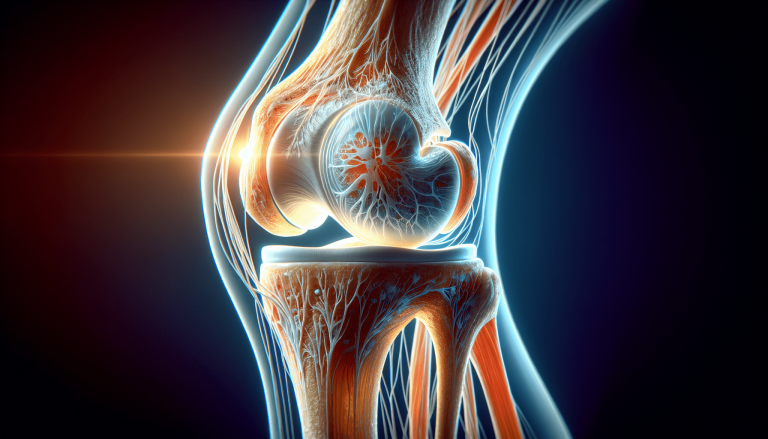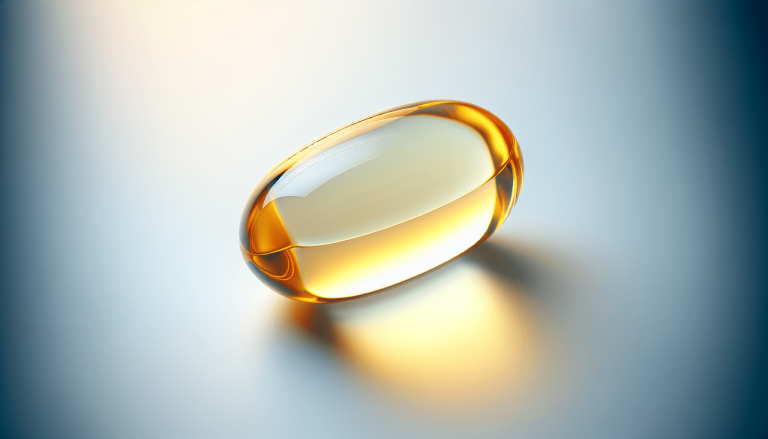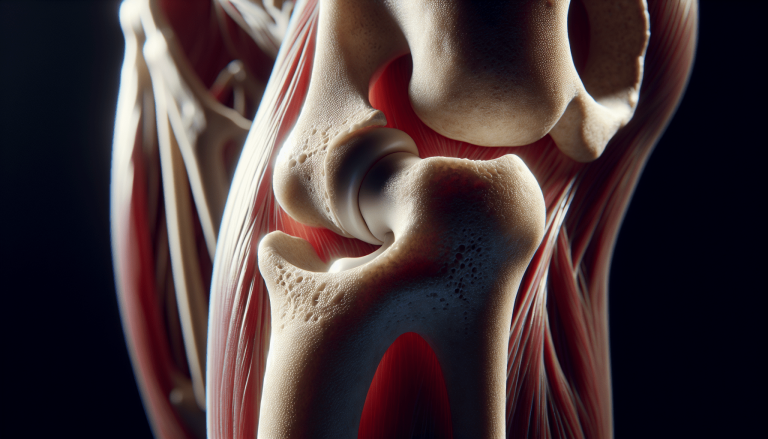How Can I Lubricate My Joints Naturally?
If you’ve been experiencing discomfort in your joints and are seeking a natural solution, you may be wondering, “How can I lubricate my joints naturally?” Joint pain can be incredibly disruptive and affect your daily activities, but fret not, as there are several natural methods to provide relief. By incorporating certain foods into your diet, engaging in regular exercise, and trying natural supplements, you can effectively lubricate and support your joints, promoting better mobility and overall joint health. Keep reading to learn more about these natural remedies and how they can help you find the relief you’ve been seeking.
Regular Exercise
Regular exercise is a key component of maintaining joint health. Engaging in low-impact exercises can help improve joint mobility and reduce pain. These exercises include activities such as swimming, stationary cycling, and walking. They are gentle on the joints while still providing the benefits of physical activity. Strengthening exercises are also important for joint health, as they help build muscle around the joints, providing support and stability. These exercises can include weightlifting, resistance training, and bodyweight exercises. Flexibility exercises, such as yoga or stretching, can help improve the range of motion in your joints, reducing stiffness and increasing mobility.
Maintain a Healthy Weight
Maintaining a healthy weight plays a crucial role in joint health. Excess weight puts unnecessary stress on the joints, particularly the knees, hips, and ankles. The importance of weight management cannot be overstated when it comes to preserving joint function and reducing the risk of joint-related issues. One way to achieve and maintain a healthy weight is through adopting healthy eating habits. This includes consuming a balanced diet that is rich in fruits, vegetables, lean proteins, and whole grains. Portion control is also essential to prevent overeating and promote weight management.

Adequate Hydration
Proper hydration is essential for overall health, and it can also benefit joint health. Water acts as a lubricant for the joints, reducing friction and easing movement. It helps cushion the joints and maintain their flexibility. The recommended daily water intake varies depending on factors such as age, sex, and activity level, but a general guideline is to drink at least 8 cups (64 ounces) of water per day. In addition to drinking water, certain foods can also contribute to hydration. Fruits and vegetables with high water content, such as watermelon, cucumber, and oranges, can help keep you hydrated and support joint health.
Proper Nutrition
Eating a diet rich in specific nutrients can also promote joint health. Omega-3 fatty acids, found in fatty fish like salmon and sardines, have anti-inflammatory properties that can help reduce joint pain and inflammation. Vitamin D, which can be obtained through sunlight exposure or supplements, is crucial for bone health and can help prevent conditions like osteoarthritis. Calcium-rich foods, such as dairy products, leafy green vegetables, and fortified foods, are important for maintaining strong and healthy bones. Antioxidant-rich foods, like berries, spinach, and nuts, help protect the joints from oxidative stress and inflammation.

Herbal Supplements
In addition to a healthy diet, certain herbal supplements have been found to provide natural joint support. Turmeric, a spice commonly used in Indian cuisine, contains a compound called curcumin, which has anti-inflammatory properties. Ginger, known for its medicinal properties, can help reduce joint inflammation and pain. Green tea, packed with antioxidants, may have anti-inflammatory effects on the joints. Boswellia, an herbal extract derived from the Boswellia serrata tree, has been used for centuries in traditional medicine for its potential to reduce joint inflammation. Devil’s claw, a herb native to southern Africa, has also been studied for its anti-inflammatory properties.
Heat and Cold Therapy
Heat and cold therapy are simple yet effective methods for relieving joint pain and promoting joint health. Hot packs can help relax muscles, increase blood flow, and provide temporary pain relief. Applying heat to the affected joints for 15-20 minutes at a time can help reduce stiffness and improve mobility. On the other hand, cold packs can help reduce inflammation and numb the area, offering pain relief. Applying a cold pack for 15-20 minutes at a time can help decrease swelling and provide temporary relief. Alternating between heat and cold therapy can provide additional benefits, as the heat increases blood flow and the cold reduces inflammation.
Good Posture
Maintaining good posture is important for joint health, especially in the spine, hips, and knees. Proper posture helps align the joints correctly, reducing the risk of strain and injury. A good ergonomic setup at work and home can contribute to maintaining good posture. This includes using supportive furniture, positioning computer screens at eye level, and using a chair with proper lumbar support. Regular stretching and exercises that promote proper alignment can also help improve posture. Stretching the back, neck, and chest muscles can help counteract the effects of prolonged sitting or poor posture.
Joint-Friendly Supplements
Certain supplements have been shown to support joint health and reduce joint pain. Glucosamine, a compound naturally found in the body, is a building block for cartilage and may help alleviate joint pain. Chondroitin, another natural component of cartilage, supports its structure and may help reduce pain and inflammation. Methylsulfonylmethane (MSM) is a sulfur compound that can help reduce joint inflammation and improve joint flexibility. Collagen, a protein found in cartilage, ligaments, and tendons, is often taken as a supplement to promote joint health and reduce pain.
Avoid Inflammatory Foods
Certain foods can contribute to inflammation in the body, which can worsen joint pain and stiffness. Highly processed foods, such as fast food, packaged snacks, and sugary cereals, often contain trans fats and high levels of refined grains and sugar. These can promote inflammation and exacerbate joint issues. Consuming excessive amounts of sugar and refined grains can also lead to weight gain, putting additional stress on the joints. It’s also important to limit alcohol intake, as excessive alcohol consumption can contribute to inflammation and affect the body’s natural healing processes.
Rest and Recovery
Rest is a vital component of maintaining joint health. Giving your body time to rest and recover allows for proper healing and reduces the risk of overuse injuries. Quality sleep is crucial for overall health and plays a role in joint health as well. During sleep, the body repairs and restores itself, including the joints. Creating a sleep routine and ensuring you get enough high-quality sleep can support joint health. Pacing activities throughout the day is also important, as overexertion and repetitive motion can strain the joints. Taking breaks and allowing for proper recovery time can help prevent joint discomfort and pain.
Additional Resources

Is it age, diet, bad luck, DNA…
One scientist came forward with research… That could potentially help you restore your joints to full power in a matter of weeks…
All from the comfort and safety of your home. No more life threatening surgery, no more costly injections, no more useless painkillers…
For complete information, click: https://bit.ly/flexorol-joint-pain-formula







